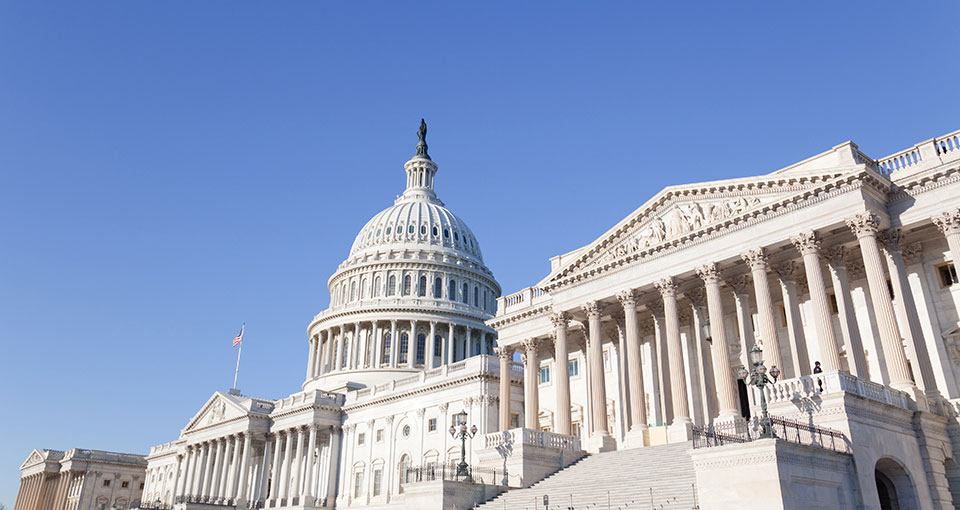
Federal Insurance Office :: First Report to Congress Two Months Overdue
By Amy Elizabeth Stewart
Among other sweeping reforms designed to mitigate against the next financial crisis, the Dodd-Frank Wall Street Reform and Consumer Protection Act of 2010 (Dodd-Frank) created the first federal regulatory agency focused on insurance, an industry historically subject primarily to state regulation under the McCarren-Ferguson Act of 1945.
Undoubtedly prompted by the near-failure of insurance giant AIG, the Federal Insurance Office Act of 2010 established the Federal Insurance Office (FIO) within the U.S. Department of Treasury to become a central federal repository for insurance industry expertise and information. See Federal Insurance Office Act, 31 U.S.C. § 313 (2010). The FIO is tasked with monitoring the insurance industry, identifying issues or gaps in the regulation of insurers that could lead to an insurance industry or financial crisis, collecting data on the industry and particular insurance companies, developing federal policy on insurance matters, consulting with state governments on insurance issues of national or international concern, and conducting an analysis and making a recommendation regarding whether the insurance industry should be regulated as a non-bank financial company.
To this end, the FIO was charged with the responsibility of completing a study on the improvement and modernization of insurance regulation and reporting its findings to Congress by January 21, 2012. 31 U.S.C. § 313(p). Last fall, the FIO requested public input in connection with its study, and received nearly 150 comment letters from industry insiders with recommendations on how to improve industry regulation. Now more than two months overdue, the long-awaited report is apparently still in progress with no release date set.
Although the FIO has no rulemaking or regulatory authority of its own (yet), its influence could be significant. The agency’s first meeting in early December attracted the attendance of a standing-room-only crowd, including insurance executives reportedly seeking federal regulation of their industry. Under the current system, insurance companies that operate on a national level must comply with the laws of the 50 states and their regulatory agencies. Proponents of federal regulation point out that such a complex regulatory system leads to inconsistent outcomes, unpredictability and higher insurance costs.
Since it has become active, however, the agency has drawn some opposition. Days after the FIO’s first meeting in December, a subcommittee of the House Financial Services Committee voted to full committee a new bill, H.R. 3559, seeking to reel in the agency’s ability to obtain insurance industry information. If enacted, the Insurance Data Protection Act of 2011 would restrict the ability of the FIO and other federal agencies to subpoena records from insurance companies and their affiliates, further clarify the confidentiality of information provided by insurers to the FIO (even if shared with other federal agencies), and require federal regulators to obtain requested information from public sources first. Not surprisingly, opponents of the bill argue that it purports to strip the FIO of powers essential to the performance of its primary information-gathering function.
For the moment, the FIO moves ahead, with the ostensible support of the insurance industry—except perhaps with respect to its current oversight and information-gathering functions. Reminds me of the saying—be careful about asking a gorilla to dance, he might not put you down.
